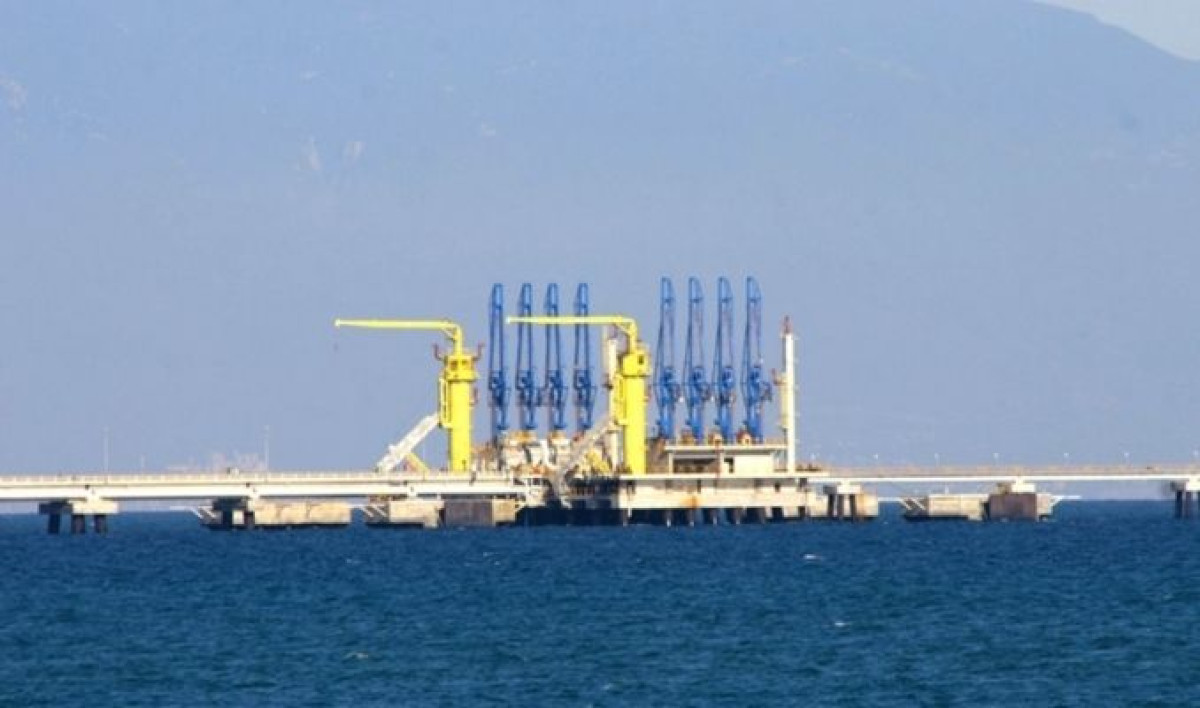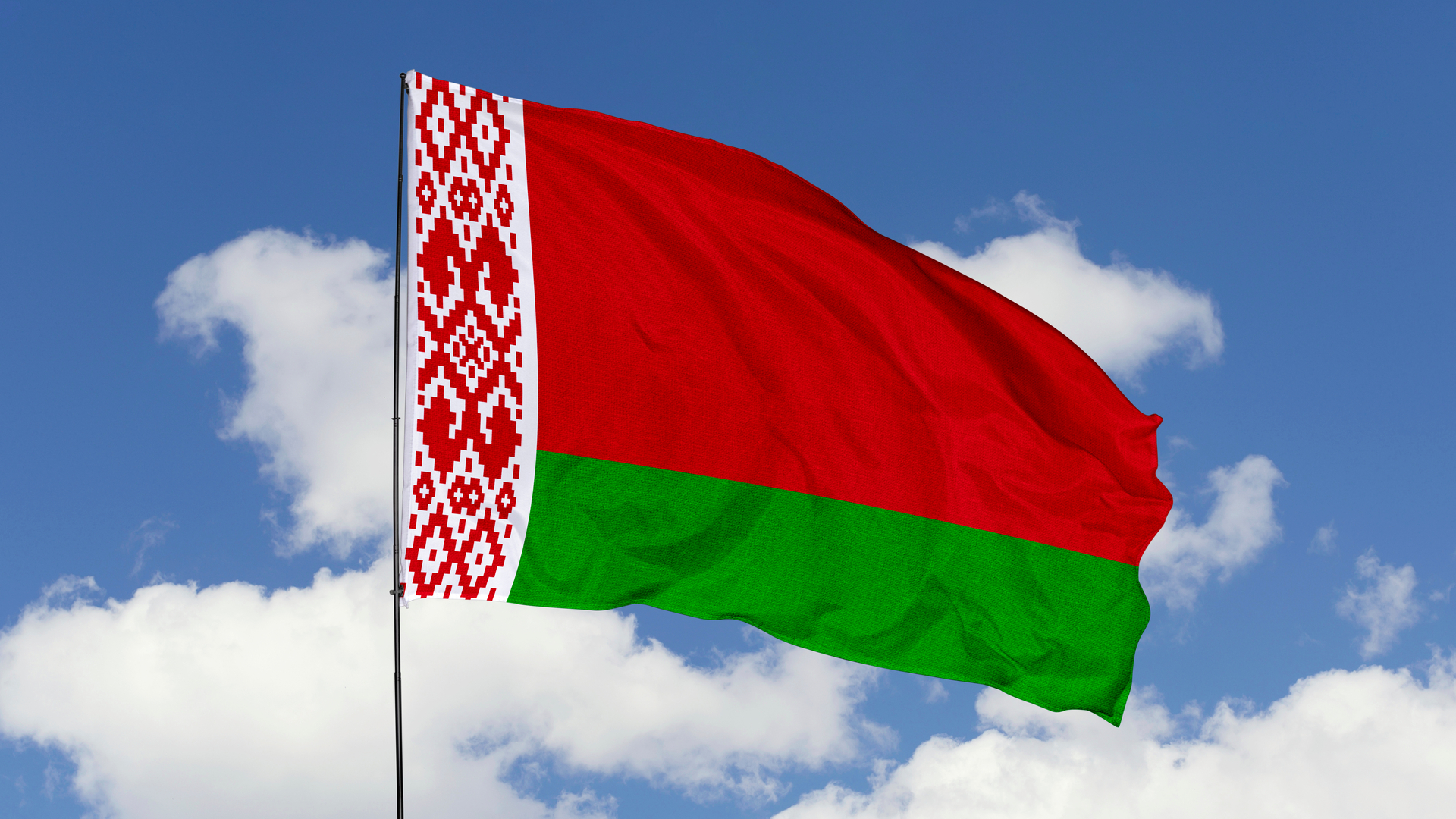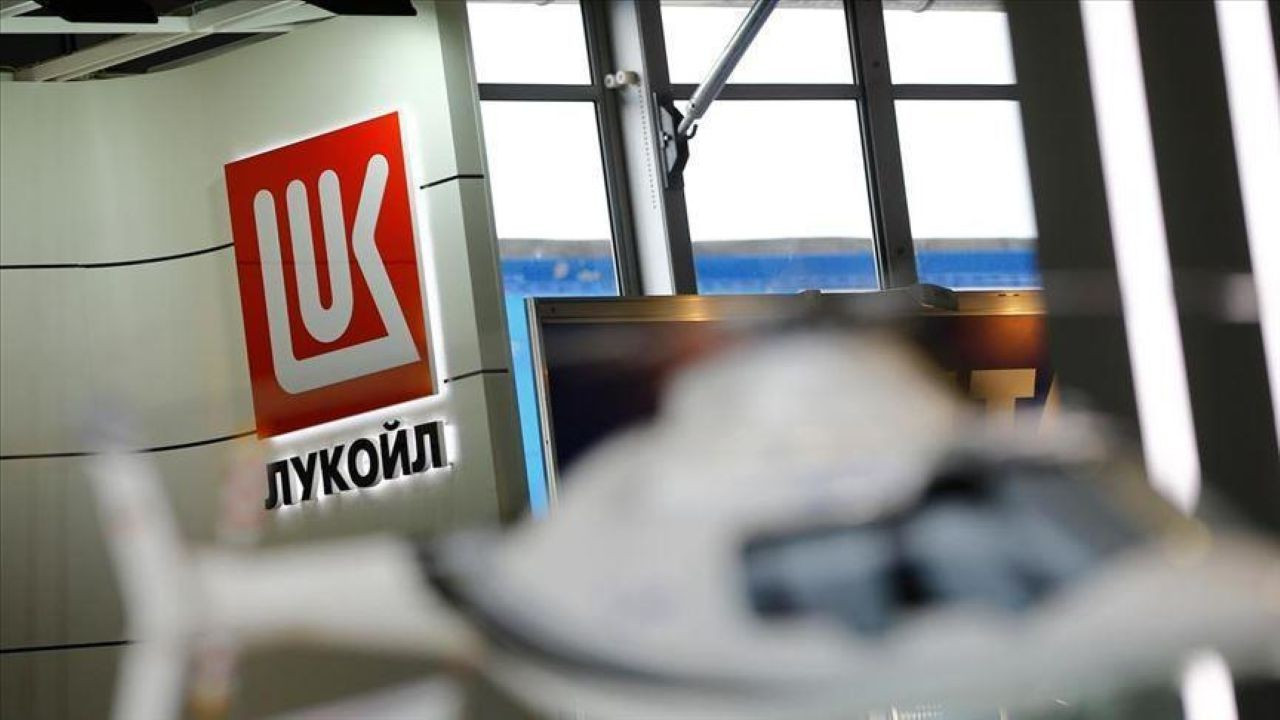
The U.S. lifted sanctions on Kazakhstan's Caspian Pipeline.


US Grants Permission to Caspian Pipeline Consortium
The United States has taken a significant step by lifting sanctions on the critical Caspian Pipeline Consortium (CPC) used by Kazakhstan to export oil. According to reports in Kazakh media, this decision was announced by the Office of Foreign Assets Control (OFAC) of the U.S. Department of the Treasury. Sanctions previously imposed on CPC and Kazakhstan's largest oil fields, Tengiz and Karachaganak, are no longer in effect.
New License from OFAC
With the newly issued license from OFAC, transactions related to CPC, Tengiz, and Karachaganak fields are now permitted. This situation may help alleviate Kazakhstan's energy supply chain for both domestic and foreign markets. Additionally, approval for companies on the Russian sanctions list, such as Lukoil and Rosneft, to conduct transactions only for the Karachaganak and Tengiz fields and CPC projects seems likely to change the energy dynamics in the region.
Strategic Importance of the CPC Pipeline
The CPC pipeline plays a critical role in enabling the transportation of crude oil obtained from Kazakhstan's Tengiz and Karachaganak oil fields to global markets via the Novorossiysk Port on Russia's Black Sea coast. However, due to sanctions imposed on Russian oil exports as a result of the Russia-Ukraine war and various disruptions experienced with the CPC pipeline, Kazakhstan had been directed toward new export routes and alternative agreements.
Future Expectations
The lifting of sanctions presents significant economic opportunities for Kazakhstan, although uncertainties remain regarding how the geopolitical situation in the region will evolve. Experts foresee that these developments could enhance the competitiveness of Kazakhstan's energy sector and bring about new investment opportunities in the near future.
Benzer Haberler
.png)
Yakında Tüm Platformlarda
Sizlere kesintisiz haber ve analizi en hızlı şekilde ulaştırmak için. Yakında tüm platformlarda...







.png)